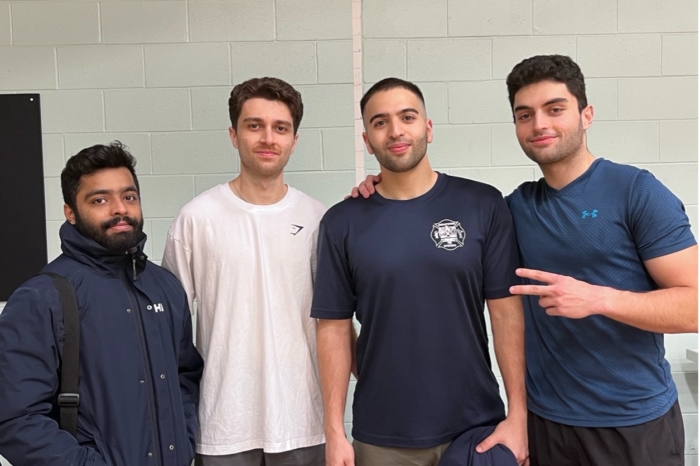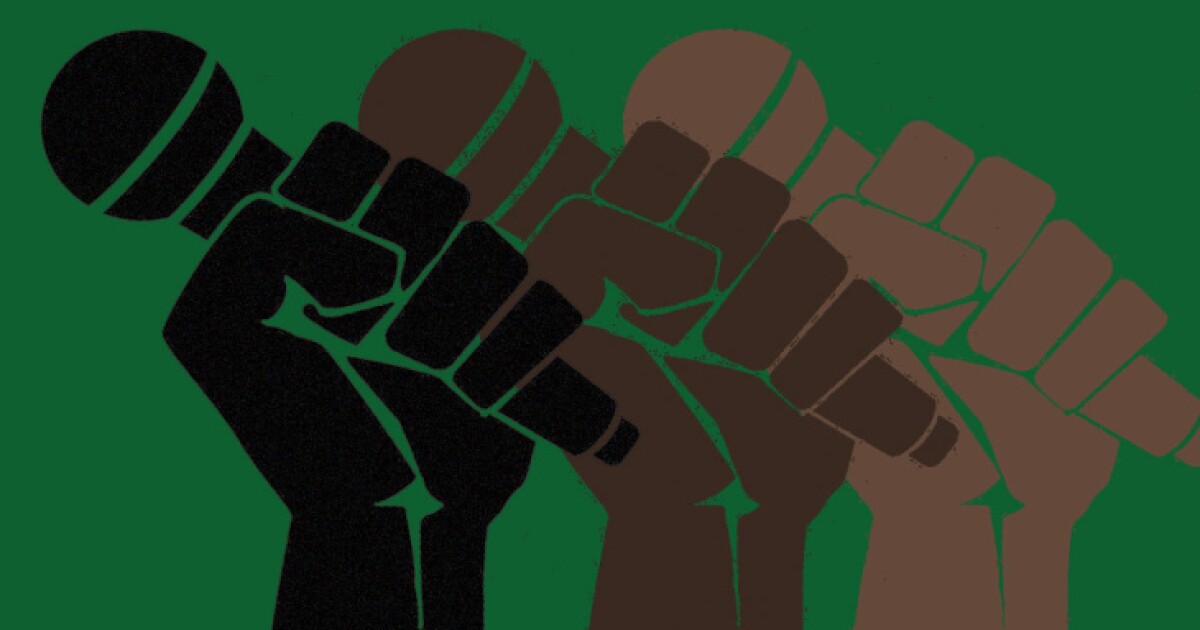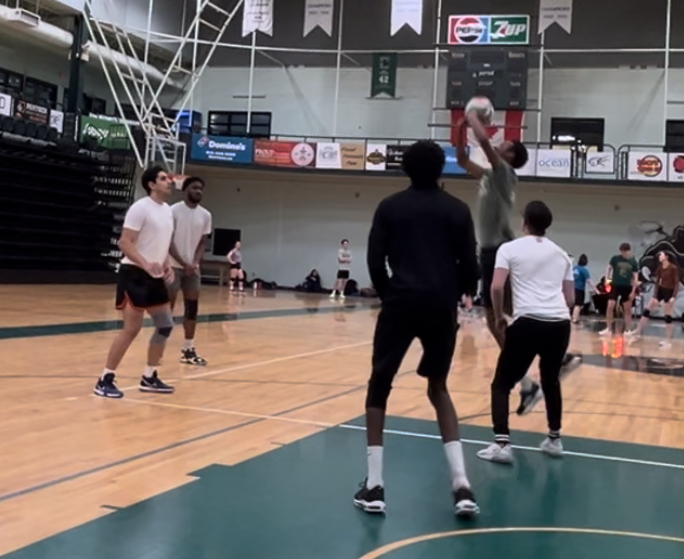Amplifying Black Voices: A Conversation with Shura Hanna President of UPEIBSA
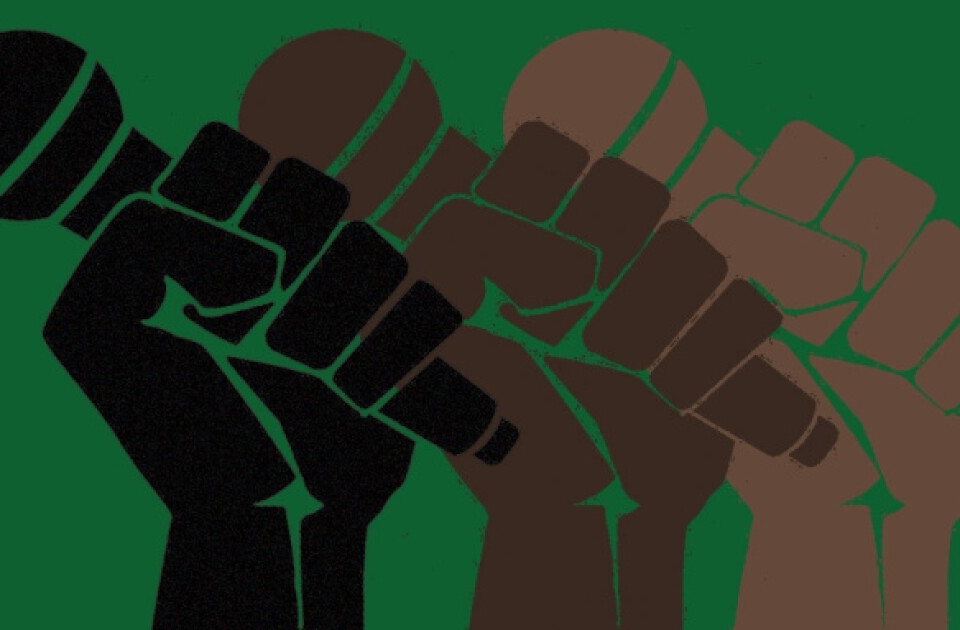
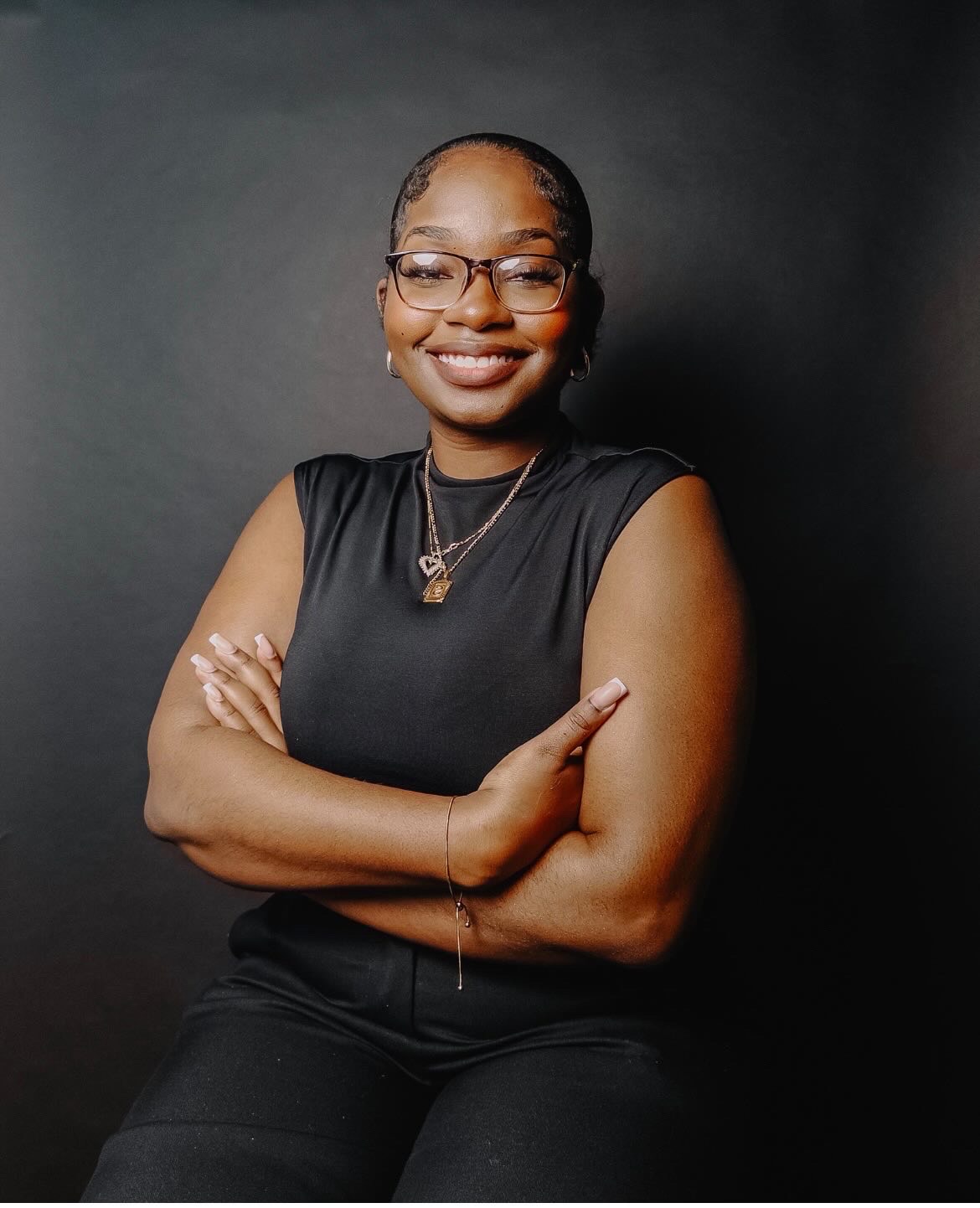 A headshot of Shura Hanna, Presidents of UPEIBSA. Photo provided by Shura Hanna.
A headshot of Shura Hanna, Presidents of UPEIBSA. Photo provided by Shura Hanna.
With February being Black History Month, it’s important to understand what UPEI does and can do both on and off-campus to better serve and amplify the voices of Black students. There’s no better way to get to the root of these questions than to speak to those pushing for a louder and stronger message on campus – the UPEI Black Student Association. I had the pleasure of sitting down with Shura Hanna, president of the club, over the reading week to better understand what the association does on campus, and how they believe the administration and others on campus can do more to help spread the history and voices of Black students. Here’s what Shura had to say:
Q: First off, tell me about yourself and how did you enter the “scene” of the Black Student Association?
A: My name is Shura Hanna, and I’m from the Bahamas. I’m currently in my third year as an International Business student, minoring in Computer Science. As for how I got involved with the Black History Association, funnily enough, my friends and I were thinking about the club fair, and we decided that if there wasn’t a Black Cultural Society, we should create one. Two days later, I woke up to a notification to follow a club called the UPEI Black Student Association (UPEI BSA). So, my friend and I went to the club’s fair to introduce ourselves and see how we could get involved. It was great to see that there was an association like that on campus, and I wanted to be a part of it.
Q: Do you feel as if UPEI is doing enough in terms of helping your club amplify the voices of Black students campus-wide?
A: I think outside of UPEI, our larger communities could always be doing more and there’s progress to be made. Something that I’ve noticed is almost a cultural shift at UPEI and a bigger willingness now to celebrate Black History and to help us push forward and allow more initiatives to create more events and to put things together on campus. Unfortunately, we had a bit of difficulty getting events hosted by the UPEI Student Union in terms of responsiveness, and I was disappointed by the lack of action. I saw this as an opportunity to step in because we knew what we wanted to do and get done. I believe there would be a greater emphasis on Black History Month if there was someone from our community in the SU. There are leaders and those who do not want to lead, so if you can take the reins and create events, volunteers and supporters will come.
Q: Do you feel as if PEI, as a whole, has helped to grow the Black Community and their voices?
A: PEI largely makes the effort to be inclusive, I think it does. I do think though what’s important is for people to be able to confront conversations about racism, race, colorism, and sexism for all different types of marginalized groups, and be able to confront it head-on. The fact that these conversations can be uncomfortable should not deter us from having them. You’re inevitably going to be uncomfortable. Conflict is a natural part of life, and it is not inherently bad. I think it’s important for people to start being okay with having difficult and sometimes uncomfortable conversations, province-wide.
Q: What’s a way for students who are outside of the club or community itself to help out and spread the message with or through your association?
A: There are a couple of things. First, there’s power in numbers. So, if there’s a cause we’re championing or something we’re trying to promote, we need the support of our community. A great example is the Palestinian student on campus who’s raising money for support. Another is a Black student who was ousted and disowned for being queer. These are big reasons why this week we are hosting a community and advocacy week, and putting on fundraisers for several students. It’s important for people to help us spread the word about the important things we’re trying to promote because, at the end of the day, our mission is to support the community. There is undoubtedly power in numbers.
Q: Have you seen a change, whether that be an increase or decrease, in aid or support by the UPEI Student Union or Administration since you joined the club?
A: I think the support has increased, largely due to the initiatives that we started. More people began to care as they saw our dedication and the events we organized. I’m very proactive with outreach; I will email, text, or call anyone if there’s something I want to accomplish. I’m not afraid of being told no or facing rejection. I think this determination contributed to an increase in support for our community. It’s crucial to have active individuals in various administrative positions within the Student Union, Administration, and Faculty because many people want to help; they just need a cause to rally behind. I want to express my gratitude to the UPEI Panthers, people like Braun, Thomas, Cory, and Coach Glen, who have been wonderful. The documentary on Wendy, a UPEI Soccer Player, and the assistance from the UPEI Mawiomi Centre have been incredibly supportive.
Q: Have you seen enough being done on campus to spread and celebrate Black Culture, and how could that be improved/fixed for the future?
A: I believe student attitudes towards various issues largely reflect what represents them. Therefore, I think there are many changes that can be made within the Student Union. A Student Union position isn’t merely a part-time job; it’s a role meant to represent voices and address student issues. I want to emphasize that the concerns of Black Students extend beyond their own community; they also encompass the liberation of all marginalized peoples. When issues like Free Palestine, Free Sudan, and Free Congo arise, and you have students on campus from these nationalities, silence from the Student Body can leave other students feeling neglected. That’s a significant part of the Black Student Association’s mission. I’m looking forward to seeing the BSA’s progress beyond my time here, and I’m excited to watch it grow, flourish, and continue to exist. By creating traditions or initiatives that outlive your time, you establish representation that builds on your legacy, and that will be set in stone forever.
If you want to learn more about the mission of the UPEI Black Student Association, follow them on Instagram (@upeibsa).
Thanks again to Shura for the opportunity to interview her and understand both her and her association’s stance on issues facing Black citizens and residents province-wide, as well as the steps we can take to create a more inclusive and better space.
